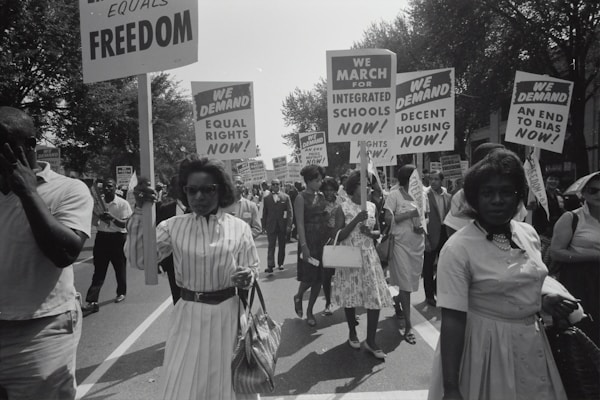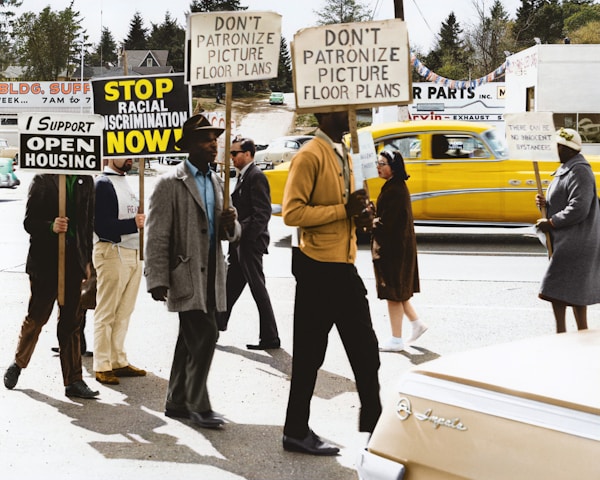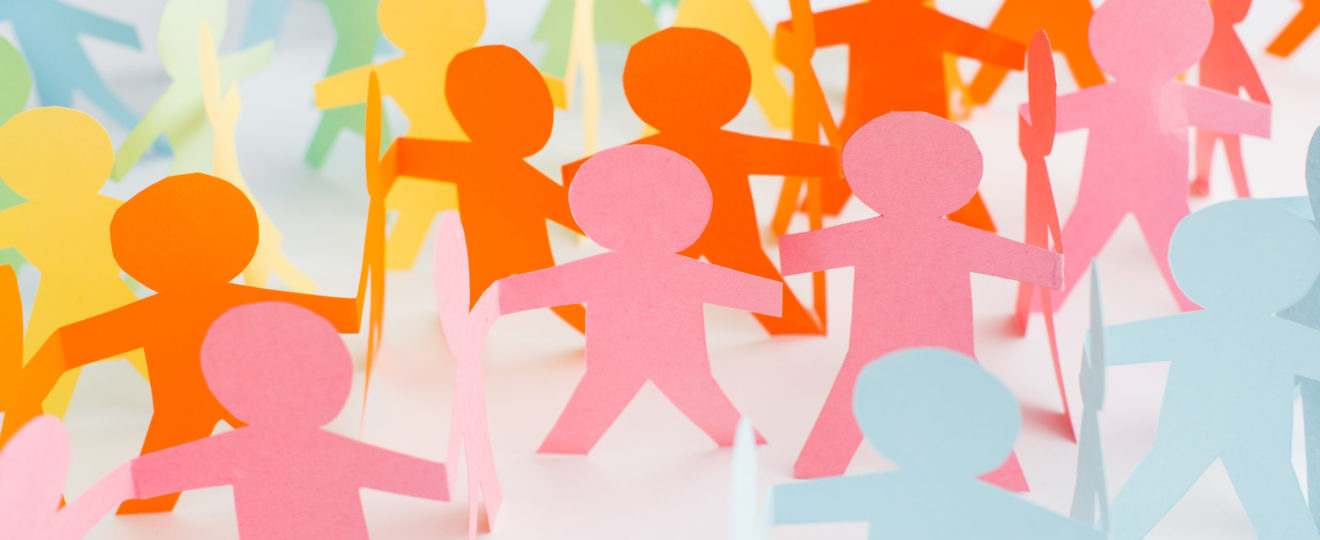Civil rights are the rights that all people are supposed to have, no matter what they look like, how they pray, or who they love. These are the rights that the United States Constitution promises all Americans. Some of these rights are the right to vote, the right to freedom of speech, the right to freedom of religion, and the right to equal protection under the law. Teaching children civil rights is about inspiring the next generation to carry on the fight for justice and equality. It’s about teaching them the importance of standing up for what is right and fighting for what is fair. Keep reading to learn more.
How is Andrew Stroth leading the fight for civil rights?

It’s never too early to start teaching children about civil rights, and there are many different ways to teach them. One way is to talk about specific events or court cases related to civil rights. Another way is to use picture books or stories to help explain these concepts. It’s essential for parents and educators alike to keep talking about civil rights with children, even as they get older.
Andrew M. Stroth is a civil rights attorney and activist who has dedicated his career to fighting for civil rights. Stroth is a nationally recognized civil rights attorney and trial lawyer. He has devoted his career to fighting for the rights of the underrepresented and marginalized, including victims of police brutality, civil rights abuses, and discrimination. He has successfully represented clients in some of the most high-profile civil rights cases in recent history and has been featured in national media outlets such as CNN, MSNBC, FOX News, and NPR.
In addition to his work as a civil rights lawyer, Andrew Stroth is also a passionate advocate for social justice. He has testified before the United States Congress on the issue of police brutality and has spoken at legal conferences and universities around the country. Stroth knows the importance of educating the next generation about the fight for equality. In his work, he has seen how a lack of knowledge and understanding can lead to discrimination and bigotry. Stroth argues that it’s essential for children to learn about civil rights to understand both their own history and society as a whole. By teaching young people about these important events and figures, we can help them develop a sense of empathy and civic responsibility that will enable them to create a more just society in the future.
Why should we teach kids how to stand up for their beliefs?
Civil rights are the fundamental human rights that all people are entitled to, regardless of race, ethnicity, religion, or gender. Teaching children about civil rights helps them understand that everyone is worthy of respect and dignity and that they have a voice that deserves to be heard. It also gives them the courage to stand up for their beliefs, even when it’s not easy.
There will undoubtedly be times in their lives when they encounter people or situations that don’t align with their values. When this happens, kids need to know how to respond in a way that upholds their beliefs and respects those of others. By teaching them about civil rights early on, we help equip them with the tools they need to navigate these challenging moments successfully.
Kids can learn about civil rights by participating in activities that commemorate the civil rights movement. Some activities include making protest signs, writing letters to elected officials, and creating artwork about the civil rights movement. Another way to teach kids about civil rights is to have them watch documentaries about the civil rights movement.
Who is responsible for protecting our civil rights?

The government is responsible for protecting our civil rights. This includes the right to freedom of speech, assembly, and religion. The government also has a responsibility to protect us from discrimination. This means that the government should ensure that everyone is treated equally, regardless of their skin color, ethnicity, or religious beliefs.
Explaining civil rights to children helps teach them about their rights and what they can do to protect them. It also helps to build a foundation of understanding for future discussions about civil rights and social justice.








